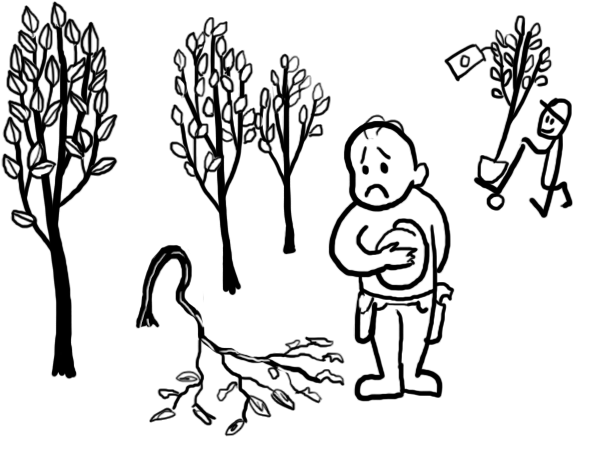Every construction contract includes warranties, intended to protect clients against deficiencies. Warranties for the project typically start at substantial performance of the work, or on the date of occupancy or a phased or partial occupancy. Extended warranties (if applicable) will start at the expiration of the contractor’s one-year warranty.
Specifications may call for extended warranties of varying durations to cover specific material elements such as mechanical elements or planting. If a deficiency is discovered during the comprehensive warranty period, the owner or client should be contracting the consultant or design professional, who will contact the contractor. The contractor will then contact the appropriate subcontractor to have the problem fixed.
Work done at this point is called warranty work. This means work that requires completion after the date of substantial performance that is discovered prior to the expiry of the contract warranty period or periods.
It is considered good practice to hold an eleventh month warranty review with the consultants, contractor, and owner in attendance.
Some things that are typically covered under warranty include:
- The quality of materials – ensuring that the contractor uses the materials laid out in the specifications, and that new materials were used unless otherwise specified
- The work’s conformance to the contract documents (including construction drawings), ensuring that the work is free of defects
Examples of what is covered and what is not:
- Plants that are not thriving after 90 days are typically replaced under warranty
- Cracked pavement is not typically covered under warranty
